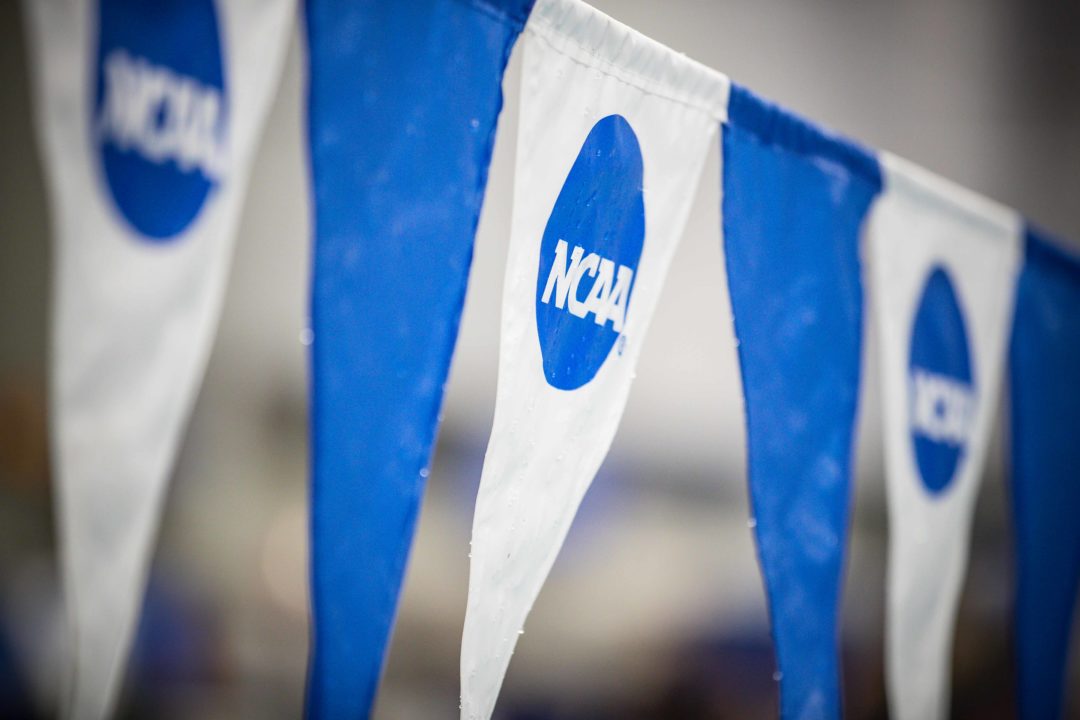A new NCAA survey shows that mental health concerns among its student-athletes are currently 150% to 200% higher than usual during the coronavirus pandemic.
The NCAA says more than a third of student-athletes who responded to the organization’s survey reported sleep difficulties. More than a quarter said they’ve experienced sadness and a sense of loss, with about 10% “feeling so depressed it has been difficult to function.”
On a positive note, 82% of student-athletes said they felt positive about the support they have received from the coaches during this time.
The NCAA says its survey was open from April 10 to May 1, and got about 37,000 responses from student-athletes. Some of the major points in the NCAA‘s report:
At-Risk Groups
Mental health concerns were highest among three distinct groups, the NCAA reports:
-
- Students of color
- Those whose families are facing economic hardships
- Those living alone
Fortunately, about 80% of student-athletes said they are living away from campus with family or a significant other, and 9% reported living with teammates. Just 4% say they are living alone. (The remaining 3% are still in campus housing).
College seniors also reported a sense of loss about 1.5 times more often than underclassmen.
Food & Medical Access
The NCAA also points out racial disparities in student-athlete access to food and medical care.
Only 75% of black male student-athletes said they had access to enough food, compared to 92% of white male student-athletes. And just 61% of black male student-athletes said they had healthy food options, compared to 81% of white males.
80% of student-athletes said they know how to access a medical provider for their physical health, but only about 60% of men and 55% of women said they knew how to access local mental health support.
Training Ability
About 80% of student-athletes said a lack of access to facilities in their areas are holding back their continued athletic training during the pandemic. That’s been a common refrain in the sport of swimming, with many facilities shut down or only slowly reopening with lots of safety restrictions.
Academics
More than 70% of student-athletes said they were feeling positive about their ability to pass spring courses, which have mostly moved to online distance-learning formats. In fact, 99% of respondents said their classes had shifted to online. But for longer-term distance learning, only 51% felt positive about being able to keep up with their classes, with some citing what they felt were increased workloads from classes that moved online.

Not surprising